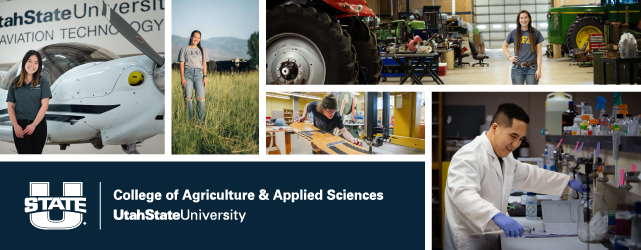Evaluation of Immune Modulators, Interferons and Known In Vitro SARS-CoV Inhibitors for Inhibition of SARS-CoV Replication in BALB/c Mice
Abstract
Compounds approved for therapeutic use and in vitro inhibitors of severe acute respiratory syndrome coronavirus (SARS-CoV) were evaluated for inhibition in the mouse SARS-CoV replication model. A hybrid interferon, interferon alpha (IFN-alpha) B/D, and a mismatched double-stranded (ds) RNA interferon (IFN) inducer, Ampligen (poly I:poly C124), were the only compounds that potently inhibited virus titres in the lungs of infected mice as assessed by CPE titration assays. When mice were dosed intraperitoneally (i.p.) with IFN-alpha B/D once daily for 3 days beginning 4 h after virus exposure, SARS-CoV replication in the lungs of infected mice was reduced by 1 log10 at 10,000 and 32,000 IU; at the highest dose of 100,000 IU, virus lung titres were below detectable limits. Ampligen used i.p. at 10 mg/kg 4 h prior to virus exposure also reduced virus lung titres to below detectable limits. Nelfinavir, beta-D-N4-hydroxycytidine, calpain inhibitor VI, 3-deazaneplanocin A and Alferon (human leukocyte IFN-alpha-n3) did not significantly reduce lung virus titres in mice. Anti-inflammatory agents, chloroquine, amodiaquin and pentoxifylline, were also inactive in vivo, suggesting that although they may be useful in ameliorating the hyperinflammatory response induced by the virus infection, they will not significantly reduce the replication of the virus, the inducer of inflammatory response. Thus, anti-inflammatory agents may only be useful in treating virus lung infections if used in combination with agents that inhibit virus replication. In summary, the data suggest that induction of IFN by mismatched dsRNA or actual treatment with exogenous IFN-alpha can inhibit SARS-CoV replication in the lungs of mice.





